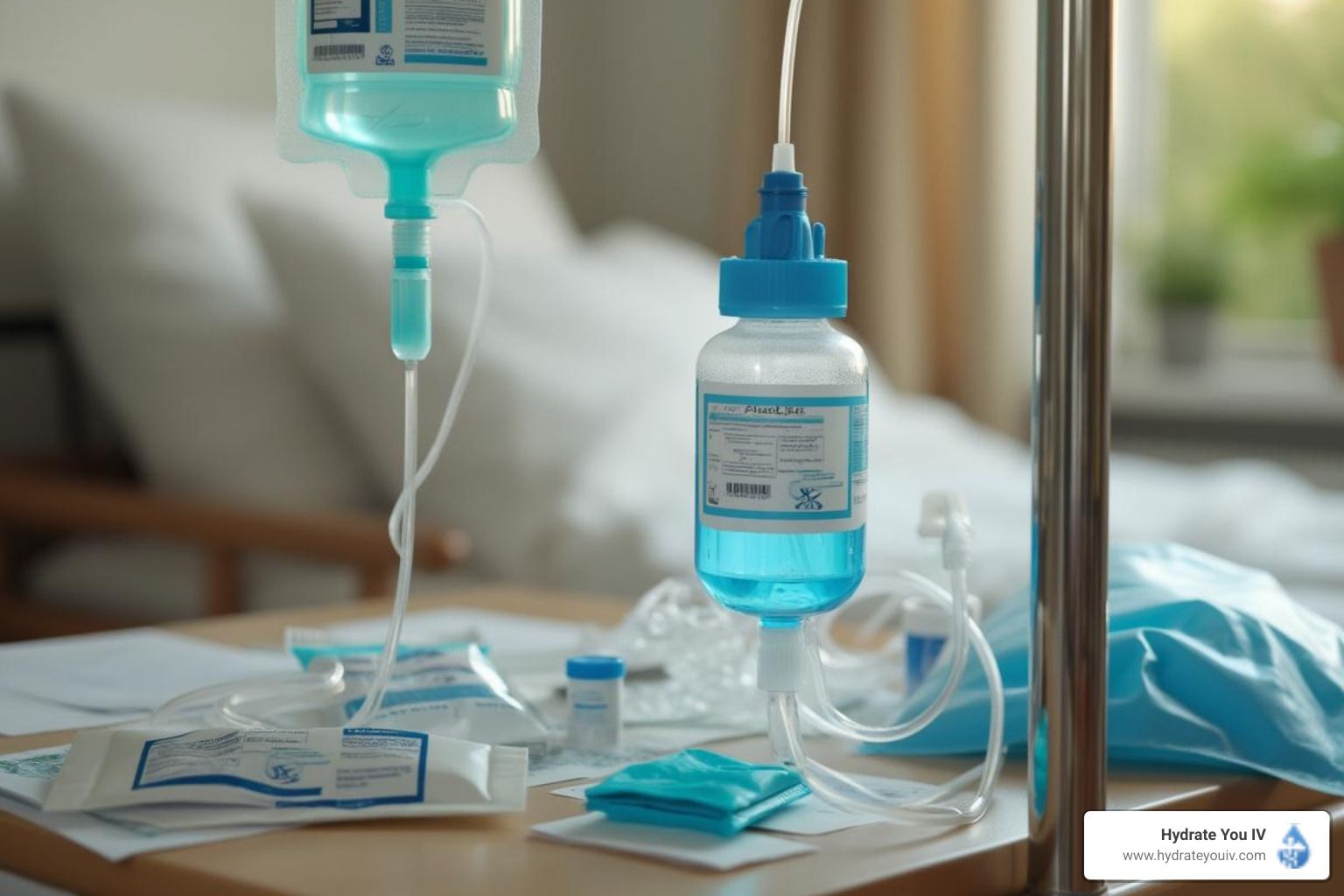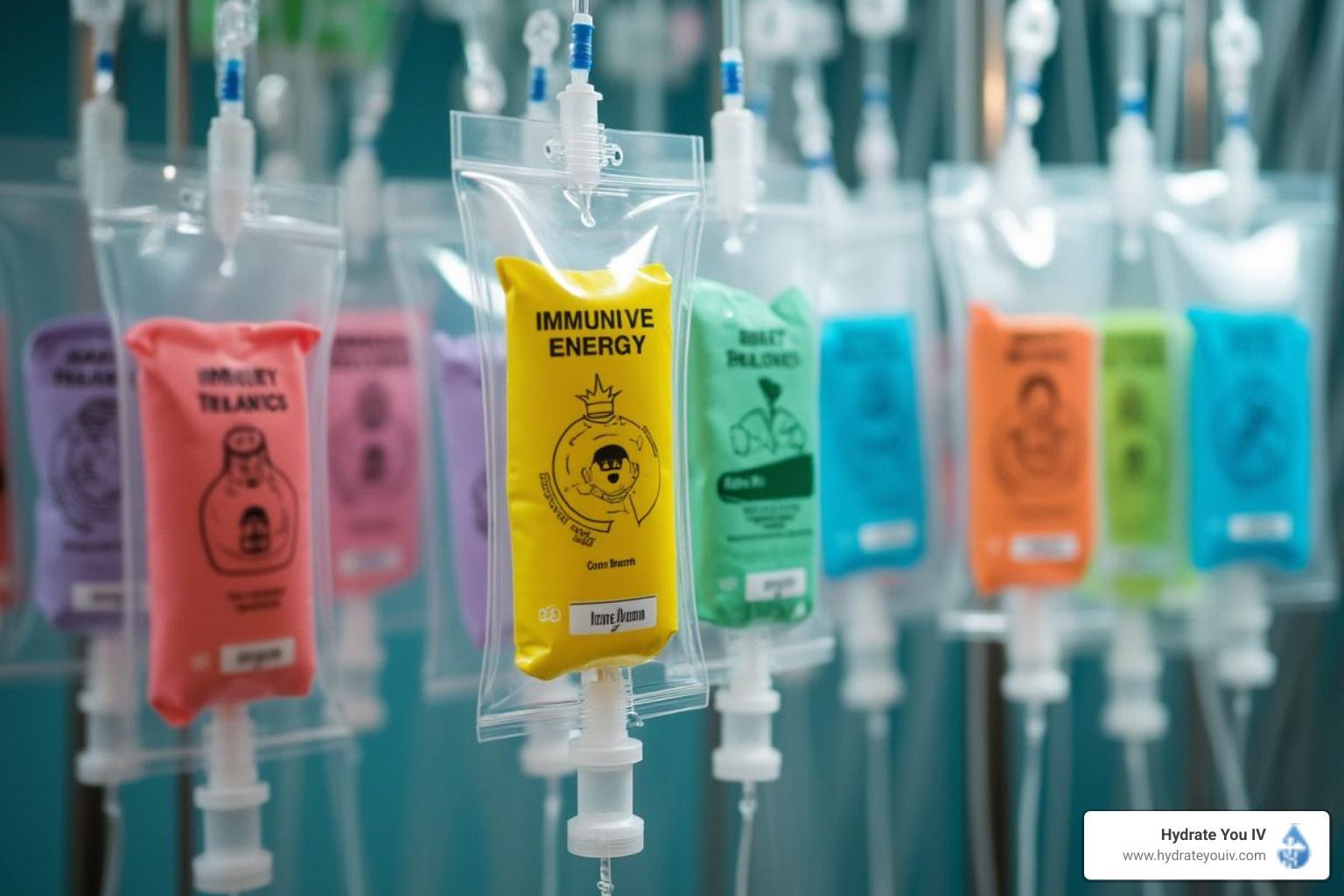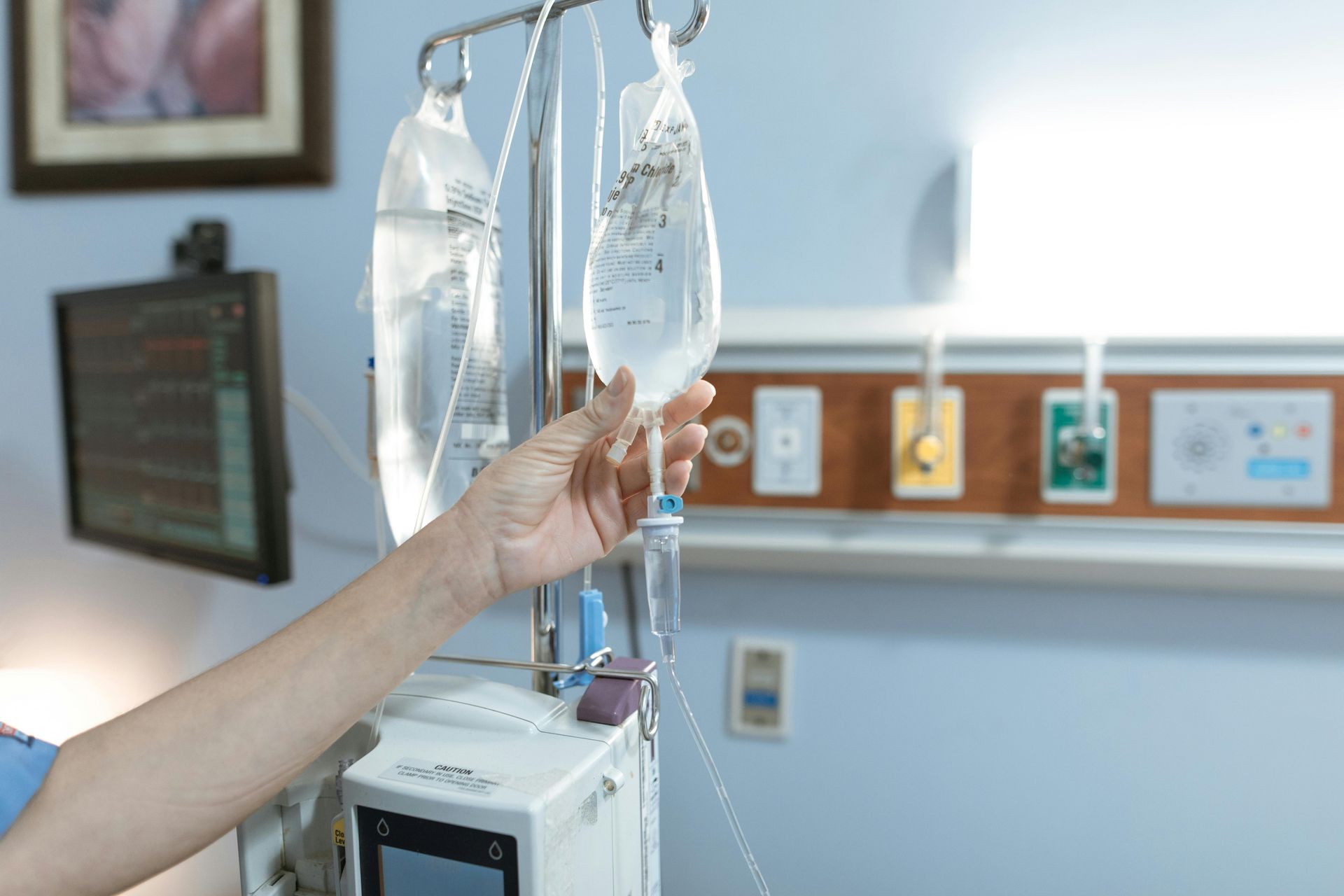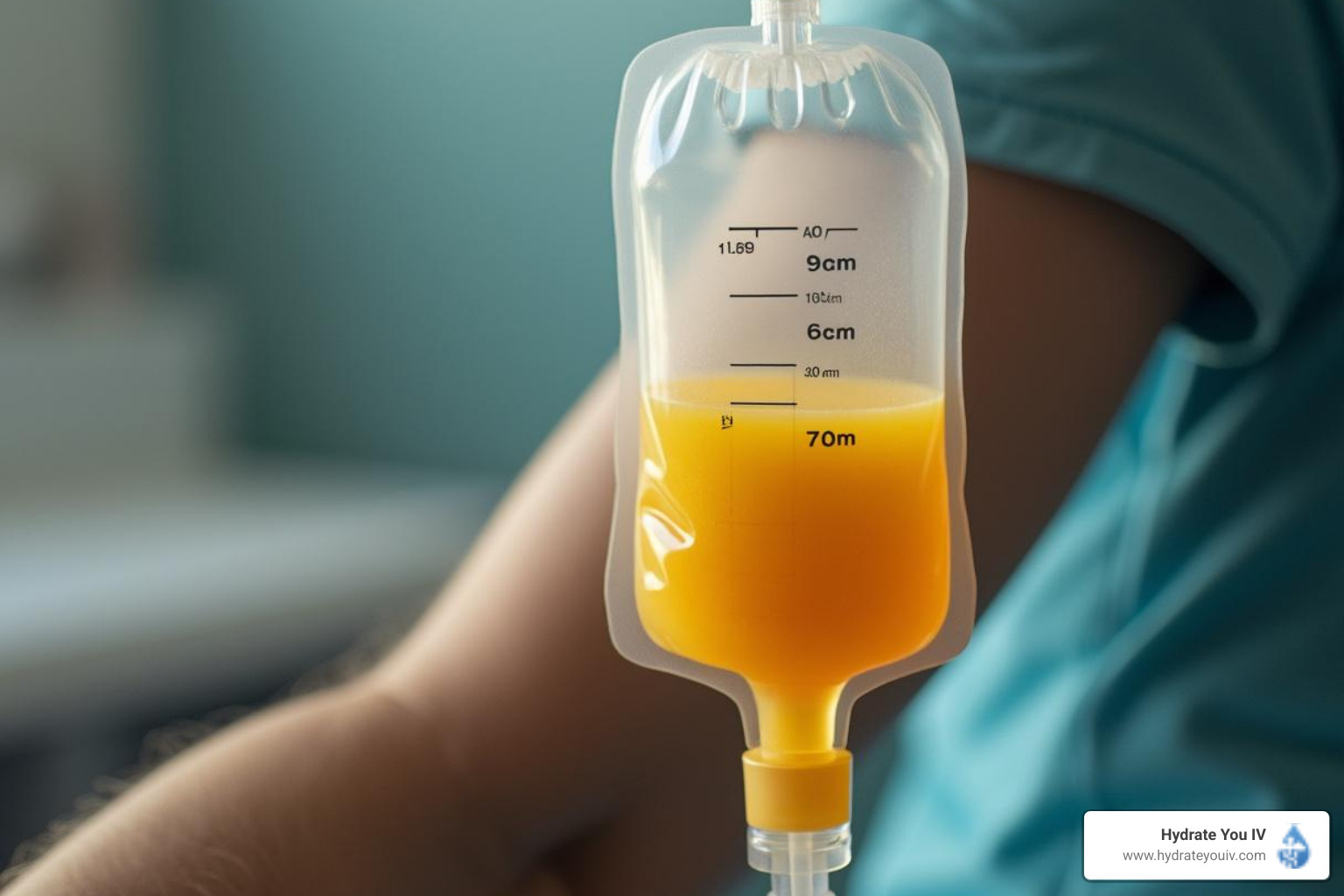Cocaine Hangover Recovery: How Long It Lasts and What Helps
So, what is a cocaine hangover? It’s the “crash” that comes after the high fades. Instead of energy and euphoria, the body swings in the opposite direction leaving you tired, moody, anxious, foggy, and craving more cocaine. This shift happens because the brain chemicals cocaine boosts, like dopamine and serotonin, suddenly drop back down. Missed sleep and dehydration often make these symptoms worse.
A hangover usually lasts a few hours to a couple of days, depending on how much and how often someone used. It’s different from withdrawal, which can drag on for days or even weeks in heavy users. Think of a hangover as the short-term rebound, while withdrawal signals that the body has adapted to the drug and needs time and often medical support to recover.
What Are the Symptoms of a Cocaine Hangover?
Physical Symptoms
Cocaine’s effects put stress on the body, and when the drug wears off the rebound often shows up physically. Fatigue and body aches combine with other discomforts, especially if sleep and hydration have been neglected.
Common physical symptoms include:
- Exhaustion and low energy that make basic tasks feel heavy
- Headaches or migraines, frequently tied to fluid/electrolyte loss
- Muscle and jaw aches from tension or teeth clenching during use
- Runny or sore nose (if snorted), sometimes irritation or minor nosebleeds
- Nausea or stomach upset, with increased appetite as the stimulant fades
Mental and Emotional Symptoms
As brain chemicals like dopamine drop back down, mood and thinking are heavily affected. This can feel like an emotional crash, with both psychological and cognitive effects.
Typical mental/emotional symptoms are:
- Depressed or low mood, sometimes pronounced
- Anxiety, restlessness, and irritability during the rebound period
- Brain fog and poor focus, slowing thinking and decisions
- Vivid or unsettling dreams that fragment sleep
- Low stress tolerance, leading to easy frustration or anger
Behavioral Symptoms
Behavior and daily functioning also change during a cocaine hangover. Cravings, sluggishness, and risk-taking behaviors can trap someone in a cycle of re-use.
Frequently reported behavioral symptoms:
- Strong cravings and urge to re-dose to “feel normal” again
- Slowed activity/low motivation as fatigue sets in
- Sleep disruption that throws off daily routines
- Risk-taking or poor decisions tied to cravings and low mood
How Long Does a Cocaine Hangover Last?
Most people feel a cocaine hangover (the “comedown” or “crash”) within a few hours after the last use. For occasional users, hangover symptoms typically last several hours up to 1–3 days. With heavier or repeated use, the crash can linger longer and may blend into withdrawal, which can persist for days to weeks.
What affects how long it lasts?
- Dose and frequency: Bigger amounts or back-to-back use deepen the crash and stretch it out.
- Mixing with alcohol or other drugs: Alcohol + cocaine forms cocaethylene, which is more toxic and can intensify and prolong symptoms.
- Purity and adulterants: Street cocaine is often cut with other substances that can worsen side effects and recovery time.
- Route of use: Smoking or injecting hits fast and drops fast (often a more intense, sometimes shorter initial crash); snorting may bring a longer, steadier comedown with more nasal irritation.
- Sleep debt: Staying awake while using leads to a bigger “sleep rebound,” making fatigue, irritability, and fog last longer.
- Hydration and nutrition: Dehydration and not eating well amplify headaches, weakness, and nausea and slow recovery.
- Baseline health and stress: Existing anxiety/depression, heart issues, or high life stress can make symptoms stronger and more persistent.
- Overall pattern of use: Binge patterns and frequent use raise the chance that a short crash evolves into a longer withdrawal phase.
A cocaine hangover usually resolves in hours to a couple of days, but heavy or frequent use can push symptoms into longer-lasting withdrawal. If symptoms feel severe (chest pain, shortness of breath, confusion, suicidal thoughts) or don’t ease after a few days, seek medical care.
How Do You Ease a Cocaine Hangover at Home?
When dealing with a cocaine hangover, your body is trying to rebalance. The goal is to support healing gently, restore fluids, calm the nervous system, feed your brain, and avoid making things worse.
1. Hydration & Electrolytes
During use, stimulants like cocaine can cause increased fluid loss and stress your body’s systems. Rehydrating and replenishing electrolytes helps relieve headaches, muscle cramps, and fatigue.
Try these steps:
- Sip clean water steadily throughout the day.
- Use oral electrolyte solutions (low-sugar ones) or coconut water to restore sodium, potassium, and magnesium.
- Avoid further stimulants (caffeine, energy drinks) or heavy alcohol — these can worsen dehydration and stress.
2. Sleep & Nervous-System Downshift
Many crash symptoms stem from disrupted brain chemistry and lack of rest. Giving your nervous system cues that it's safe to relax can help ease exhaustion and irritability.
Helpful tactics:
- Create a low-stimulus, calm environment, a dark room, minimal noise, and a cool temperature.
- Follow a sleep schedule: wind down at the same time nightly, and avoid screens before bed.
- Try light stretching or gentle yoga to release physical tension.
- Use breathing techniques (e.g., deep diaphragmatic breathing, box breathing) to slow heart rate and calm anxiety.
3. Nutrition That Stabilizes
Your body needs fuel to rebuild and balance. Eating the right kinds of foods in small amounts throughout the day supports mood, blood sugar, and healing.
Food tips:
- Eat small, frequent meals rather than forcing big plates when you’re worn out.
- Focus on protein + complex carbohydrates (e.g., lean meat, legumes, whole grains) to stabilize energy.
- Include micronutrient-rich foods (leafy greens, nuts, fruits) to replace vitamins and minerals lost during use.
- Stay away from heavy, greasy, or overly processed foods initially, which can tax digestion.
4. Anxiety & Mood Support
The brain is trying to reset. While it struggles, emotional symptoms often follow. Using gentle psychological supports helps manage those mood swings and anxieties.
Supportive practices:
- Grounding or breathing exercises (e.g., 4-7-8 breathing, box breathing) to reduce racing thoughts.
- Short walks or light movement in nature to shift energy, release stress.
- Mindfulness or meditation, even for 5 minutes, to anchor the mind.
- Talk with someone you trust — sharing feelings helps lower emotional load.
What Not to Do During a Cocaine Hangover (At-Home Recovery Guide)
Some instincts during a crash feel like shortcuts—but they often worsen things. Avoiding these missteps protects recovery.
Warnings:
- Don’t re-dose. It may temporarily relieve crash feelings but deepens dependence and prolongs the cycle.
- Don’t mix with alcohol, benzodiazepines, or other sedatives without medical supervision, interactions are risky.
- Avoid excessive stimulants (coffee, energy drinks) they add stress to the system.
- Don’t push your body too hard, this is not the time for intense exercise or overworking.
When Should You Seek Professional Help for a Cocaine Hangover?
- If your symptoms are not improving after 72 hours (three days), seek medical support because most cocaine hangovers resolve within 24–48 hours.
- If you experience chest pain, chest pressure, or shortness of breath at any point, treat it as an emergency and seek immediate care.
- If you develop severe mental health symptoms—such as suicidal thoughts, profound depression, paranoia, hallucinations, or extreme agitation—get urgent professional help.
- If your heartbeat feels irregular or unusually fast, or you faint or feel like you might pass out, you should be evaluated promptly for possible heart rhythm problems.
- If you cannot keep fluids down or show signs of dehydration—like very dark urine, minimal urination, persistent vomiting, dry mouth, or muscle cramps—seek medical care for possible IV rehydration.
- If cravings feel overwhelming or you are tempted to re-dose just to feel “normal,” contact a professional because early intervention can interrupt a harmful cycle.
- If you mixed cocaine with alcohol, benzodiazepines, opioids, other stimulants, or unknown pills, get checked by a clinician due to the high risk of dangerous interactions.
- If each crash is lasting longer or getting harsher, or you find yourself needing cocaine to function, schedule a professional evaluation for possible dependence and safer treatment options.
IV Therapy to Help You Through a Cocaine Hangover

A cocaine hangover can leave you drained, dehydrated, foggy, nauseated, and wiped out. IV therapy gives you fast, targeted support by restoring fluids and electrolytes while you rest. HydrateYouIV brings care to you, so you can start feeling steadier without leaving home.
Our drips are built to match symptoms. Pure saline quickly rehydrates; electrolytes help with headaches and cramps; B-complex and magnesium support energy and calm; vitamin C and glutathione add antioxidant support. We also offer comprehensive packages like Myers’ Cocktail, Mega Myers, Gold, Silver, and NAD+. Your clinician will guide the best fit based on how you feel.
Care is simple and convenient. A licensed RN or paramedic comes to your home, office, or hotel, starts a sterile IV, and monitors you throughout. Most sessions take 45–60 minutes, and many people report noticeable relief by the time the drip finishes, with steadier hydration and energy into the next day.
IV therapy doesn’t treat cocaine use or addiction, but it can make the crash more manageable while you recover. Pair your drip with sleep, light meals, and supportive care. If you’re ready for safe, professional hydration at home, HydrateYouIV can help you feel better, faster.
For supportive at-home care during cocaine hangover recovery, book our mobile IV service to help rehydrate, restore electrolytes, and stabilize discreet, clinician-guided care.











